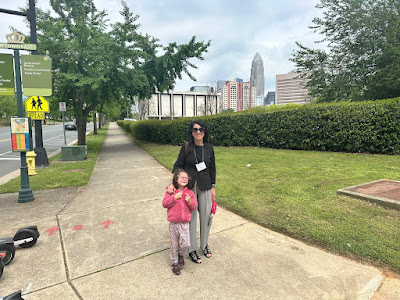Objectives:
In this paper, I will highlight the creation and importance of secular spaces in Istanbul, Turkey, by focusing on the role of live music performances by contemporary Icelandic musicians in the venues of this city. In the context of the increasing authoritarianism of the AKP led government of Turkey, I argue that the continued interest towards Nordic culture and music is an act of secularist resistance. This is centered in a cosmopolitan “youth” culture established in Istanbul in the last two decades, mainly expressed by musical venues like Babylon. This culture expresses a yearning for Nordic culture, exemplified above all by the creative networks between artists and venues in Istanbul with “far off” Icelandic musicians. I argue that this yearning is part of a resistance towards the increasing erosion of secularism within Turkish society due to government action. These trends were exacerbated with the Covid-19 pandemic, as the government used the pandemic as an excuse to change the cultural landscape in Istanbul, and Turkey in general.
Methods:Using qualitative methods and focusing on interviews with Icelandic performers and the Istanbul venues that hosted them, I intend to trace the past, present and future of this relationship, and its relationship with the longing for secular spaces. The interviews I have actualized so far are semi-structured and open-ended and they have been conducted via Zoom. Apart from the seven Icelandic musicians who have visited and performed in Istanbul, Turkey, I have also interviewed three Turkish music promoters and one Turkish journalist who has interviewed significant acknowledged musicians from abroad when they came to Turkey for a concert and has written on the cultural productions and life-stories of musicians within the indie, underground scenes, crosscutting various music genres.
Although, it is possible to say that Borrealism, the exoticization of the North, has been played out in Turkey through the musicscapes of artists such as Sigur Rós, Bjork, Múm, Amiina, Ólafur Arnalds, and many more, the last couple of years, within the Turkish audience, this has turned into the longing and desiring of freedom, democracy, and the purchasing power which the “North” represents. In addition, to the spatial transformation taking place in Istanbul and beyond, Iceland and the sounds of the geography it represents has become connected one way or another with the desire for the lost secularism in the country.
After that we visited the Kings Mountain and Cowpens National Battlefield Parks





No comments:
Post a Comment